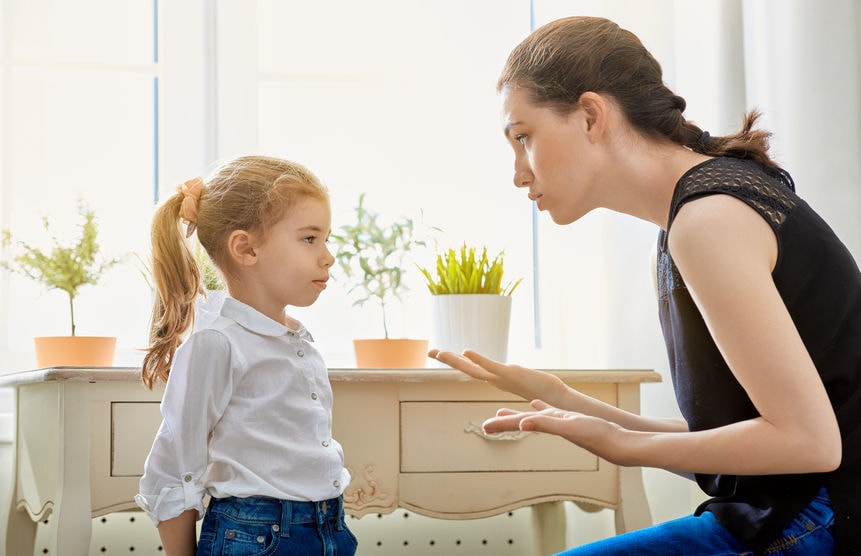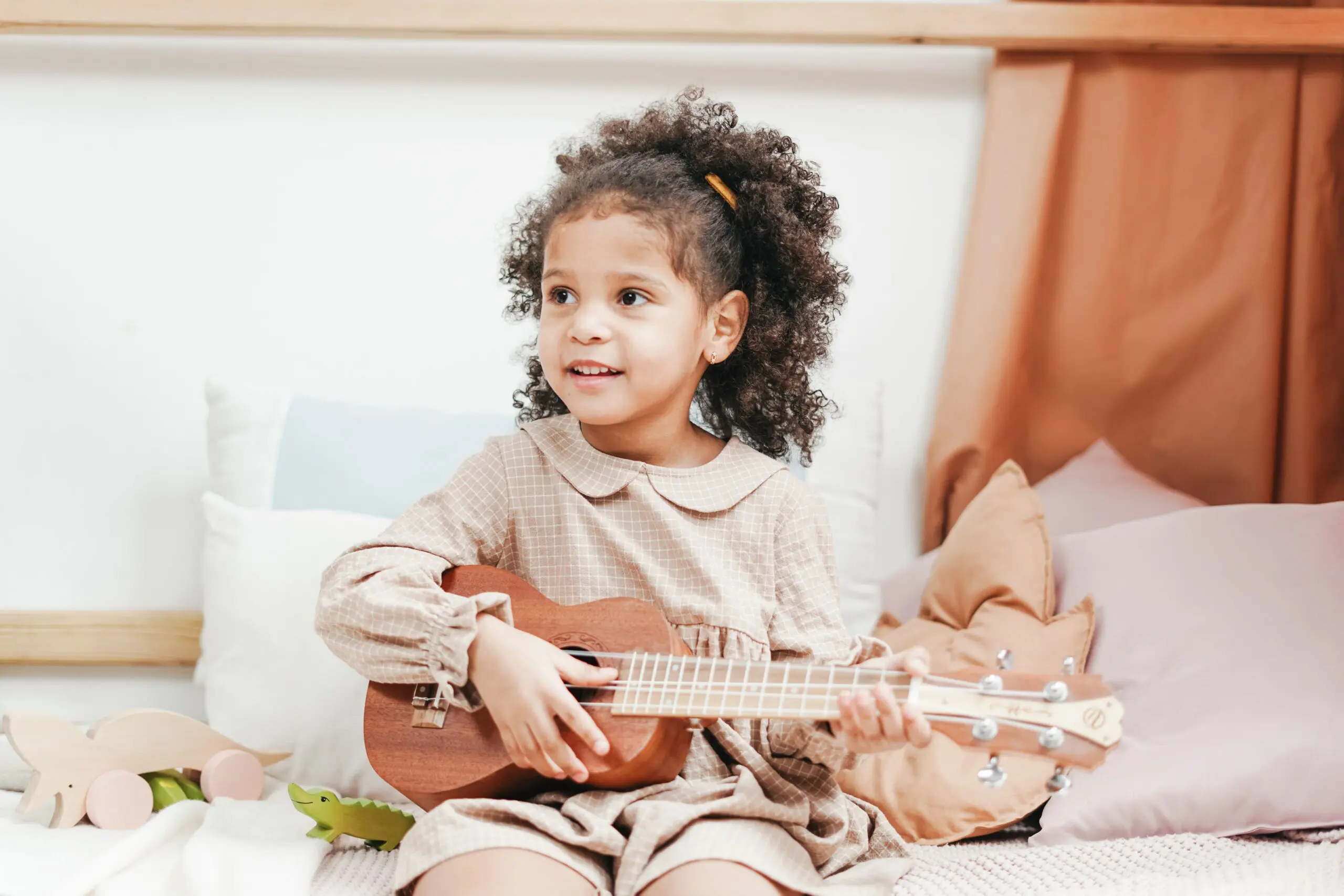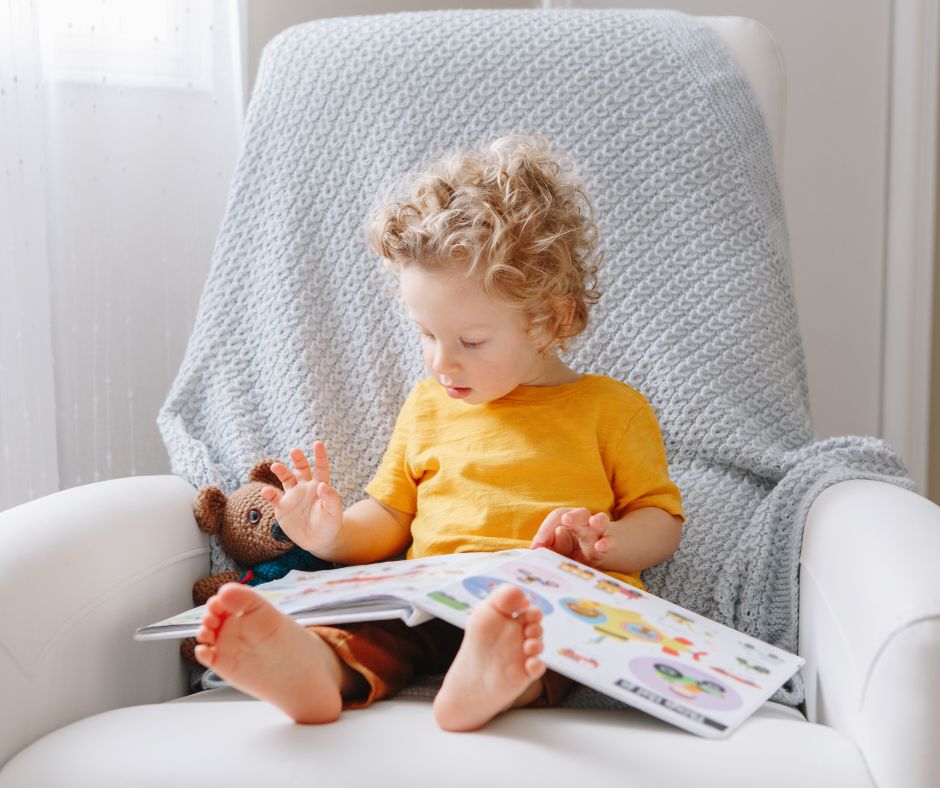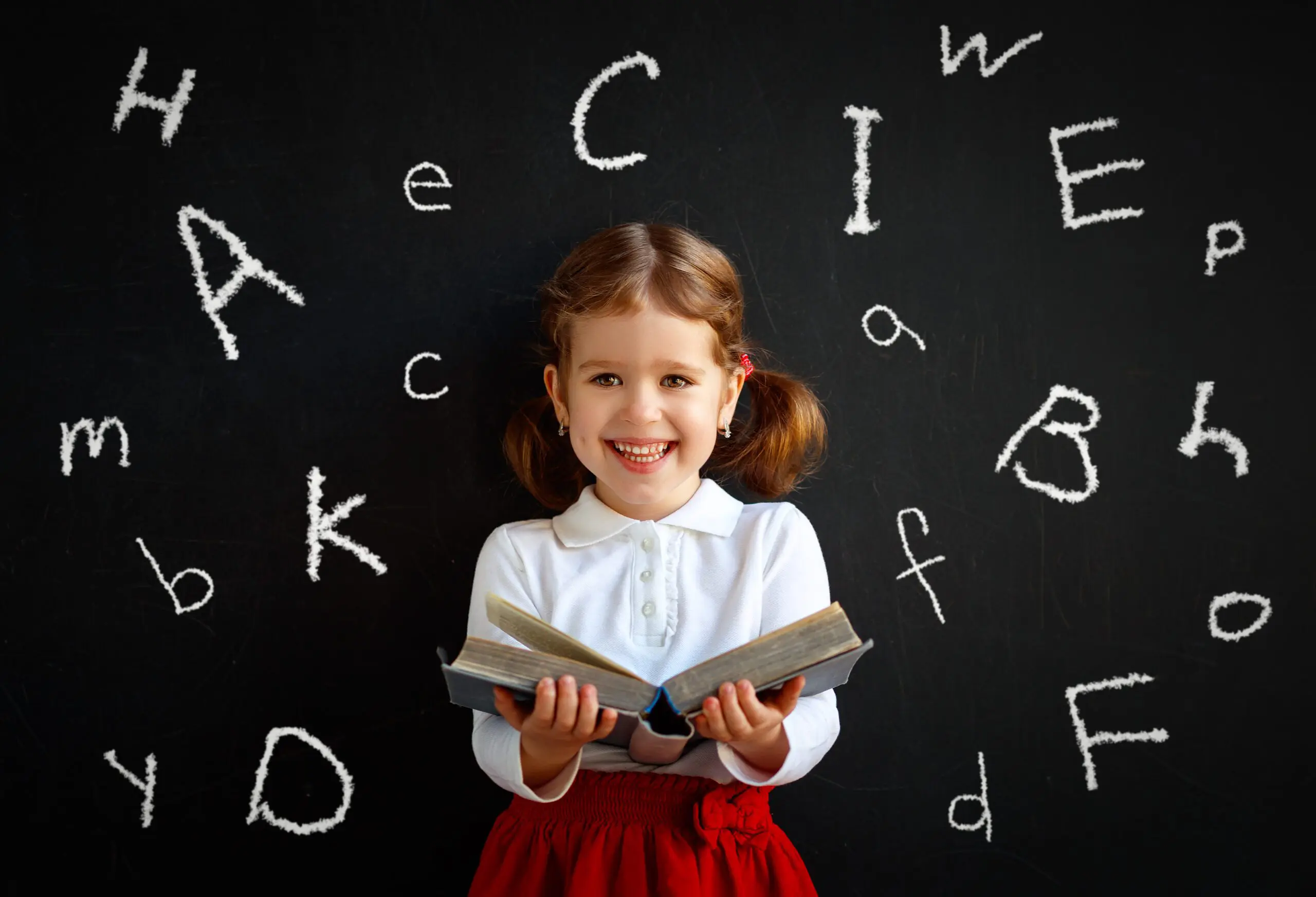Parenthood is a tough job – it can be overwhelming with all the ups and downs. Raising toddlers is often the most challenging part of parenthood. This is the time when they get anxious and curious about anything. They can be a handful, but the toddler phase is crucial for their overall growth and development. When you see your toddler suddenly hitting another child, you feel mortified. There are many kids who display aggressive behaviors in response to specific triggers. Sometimes we think that our toddler is lashing out at someone because they feel scared or a little overwhelmed with their surroundings. Most of the time, you feel that such action calls for an “emergency”. It triggers your “fight” or “flight” response. All of a sudden, your child becomes the enemy and an urgent need to take action arises – punishing action.
However, implementing punishments does not stop your toddler from hitting other kids. While it’s a natural reaction to yell or punish your child for such rude behavior, it is often the opposite of what works best. It can stop the behavior for a moment, but it is still an ineffective way to change the attitude in the long-term. In some cases, it can instill more fear and increase aggression, making your child hit more often.
To be able to effectively change the behavior of your toddler, it is essential to reward a positive attitude and teach them what to do. Rather than thinking that your child is behaving inappropriately, view the hitting behavior as a skill set deficit and address the feelings that are driving them to do such an action. Teach them to do something more proper instead.

Here are some simple and effective ways to help change your toddler’s hostile attitude into a prosocial one:
Remain calm and frame the behavior as to why your child is acting violently
There a number of reasons why a toddler would suddenly hit another person. This includes, but is not limited to:
- Fear – humans in nature respond to stress through the “fight” or “flight” response. While your child’s fear may be less intimidating and harmless, it could still be dangerous to them.
- Curiosity – they want to know what will happen if they start hurting other people.
- Difficulty in expressing themselves – most toddlers still lack the communication skills to fully express what they want, feel or need
It is important to understand where the hatred comes from. Address these emotions and acknowledge your child’s needs.
Acknowledge your child’s feelings and gently explain why you asked them to stop such behavior
As mentioned, there are various reasons why a child hits. While some kids only hit playfully, there are others who do it when they are frustrated or upset. Label these emotions and explain how normal it is to have those feelings. However, let them know that while it is okay to feel upset, it is not right to hit someone. Teach them empathy by telling them how hitting impacts another person.
Stop the behavior
When hitting occurs, block your child’s hands from making contact with another child or remove them from the scene. Make sure that when you tell them to “stop”, you say it firmly and not with an angered voice.
Stay calm and be in control of the situation
Reacting with anger essentially models the negative behavior that needs to be eliminated. Hitting them back or yelling at them is basically telling them that it is acceptable to respond in such a manner when faced with upsetting situations.
Show and tell your child what “to do” instead
Use instances of hitting as a way to teach proper behavior. Tell them to use polite words such as “can I have it please” or “give me please” when requesting items from another child. Show them how a gentle touch is better than hurting someone. Teach them the correct words they can use to address what they feel. They can use “help me” to avoid frustration or “stop” to signify that an adult or another child is bothering them.
Give immediate praise for positive behavior
Always reward your child for modeling or showing proper behavior after the intervention. After your child has said the words you asked them to say or demonstrates calmness when upset, offer lots of praise. Be sincere and let them know how much you appreciate that they listen to you.
These tips will help you change your child’s behavior. However, if aggressiveness still continues, more teaching and necessary consequences may be needed. For more ways on how to help keep your toddler from hitting other children, visit Children Central.




